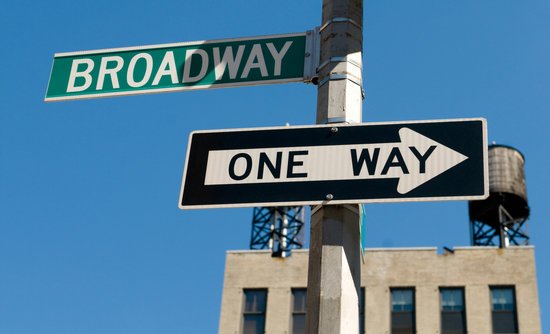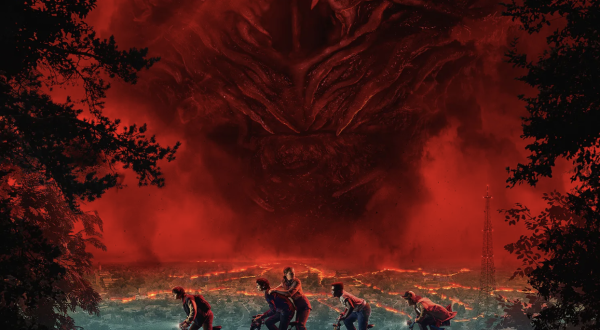The Power of the Playbill: Is Broadway Declining?

This question might scare some avid theatre geeks right now, but after reading this article, it might put you a little at ease.
There is no simple answer to this. On one hand, the past few years have had the highest attendance rates and major profit growth in Broadway history. However, after this incline, called “box office boom,” “market correction” occured. Hit shows like Hamilton, Hello Dolly, Harry Potter and the Cursed Child, and Springsteen caused a massive incline in ticket sales which has to eventually decline in order to get back to normal. This is market correction.
What do I mean by “decline”? Well, this summer, Broadway lost about 111 million dollars for many reasons. In short, there is too much quantity and not enough quality in the industry. I do not mean quality as in how good the shows are — I mean quality in the sense of how much attention each show stirs, and how much they cost to run. Shows with not enough attention and high running costs close at a loss of money. For example, King Kong, with a whopping 36.5 million dollar running cost, closed for that very reason — having massive animatronics and low ticket sales. In turn, since these smaller shows are set at a loss, it indirectly hurts the longer running big-name shows such as Anastasia and Waitress. Both ran for about two years with steady profit up until now, and were expected to become Broadway staples according to some sources. Even some brand new, up-and-coming shows have had curt lifetimes on stage. Be More Chill lasted a total of five months, and both The Cher Show and King Kong lasting less than a year. In addition, even the limited edition shows are closing in advance to their preset closing dates. Frankie and Johnny in the Clair de Lune disappointingly closed a whole month in advance.
Now, of course, we could lay all the blame on market correction, but that is not the only factor causing the loss. King Kong closed because they failed to turn a profit, which was largely a result of investing too much money in the technological side of the show, and not enough on the advertisement. This is a problem with small name shows trying to earn a long-term spot in the big leagues. Their mismanagement of finances leads to their demise.
Another factor of decline that has risen out of the world wide usage of social media is bootlegs. A bootleg is an illegal recording of a Broadway show. This problem has slowly but surely grown and probably will continue to if not addressed. Many of those unable to afford a few Broadway tickets turn to a free (and illegal) alternative: bootlegs. It is a problem because a person who uploads a bootleg to YouTube is not penalized for participating in unlawful distribution, so it is easy to get away with. As for any product unlawfully distributed, this is all profit Broadway could be making. Bootlegs are directly cutting the gross success of many shows, which can hurt in the long run. Recall what I mentioned about running costs, which include renting out the theatre and rehearsal spaces, paying all the actors and technological staff, paying for electricity, etc. Hence, bootlegs contribute to the many closing shows.
In modern culture, people are always seeking the best and most thrilling entertainment, such as high-energy action movies. This could be indirectly affecting the Broadway community. These days, everything is quick to access from the comfort of your home with little effort. First of all, it may seem like a hassle to go all the way to New York just to see a show when you can watch anything else on Netflix. In addition, very few musicals have been made into accessible professional recordings because that involves a lot of time, effort and money and only the really popular musicals will turn a successful profit from being made into an accessible recording. From a modern perspective, seeing a Broadway show might not be as exciting and high-energy as many movies today. And since movies are so much more accessible to the average person, one might prefer a movie over a theatre production. Of course, I am generalizing. There is obviously a whole community dedicated to the ar, but maybe in the future, that will not be enough to last.
In conclusion, the recent box office boom has caused market corrections to occur, widespread use of technology has increased the illegal distribution of bootlegs, and fast-paced modern culture could be causing the decline of Broadway. In the long term, this small blip will hopefully not cause any major harm to the beloved Broadway community.










